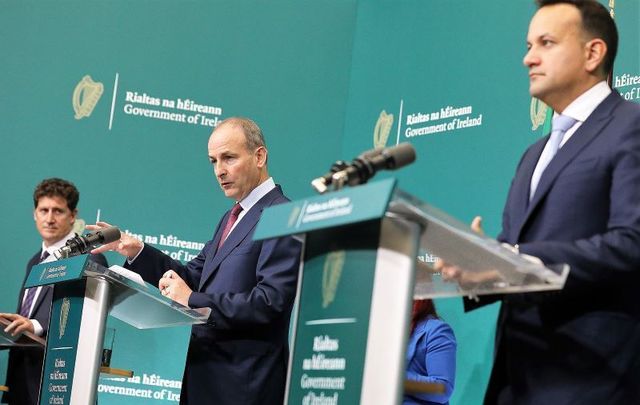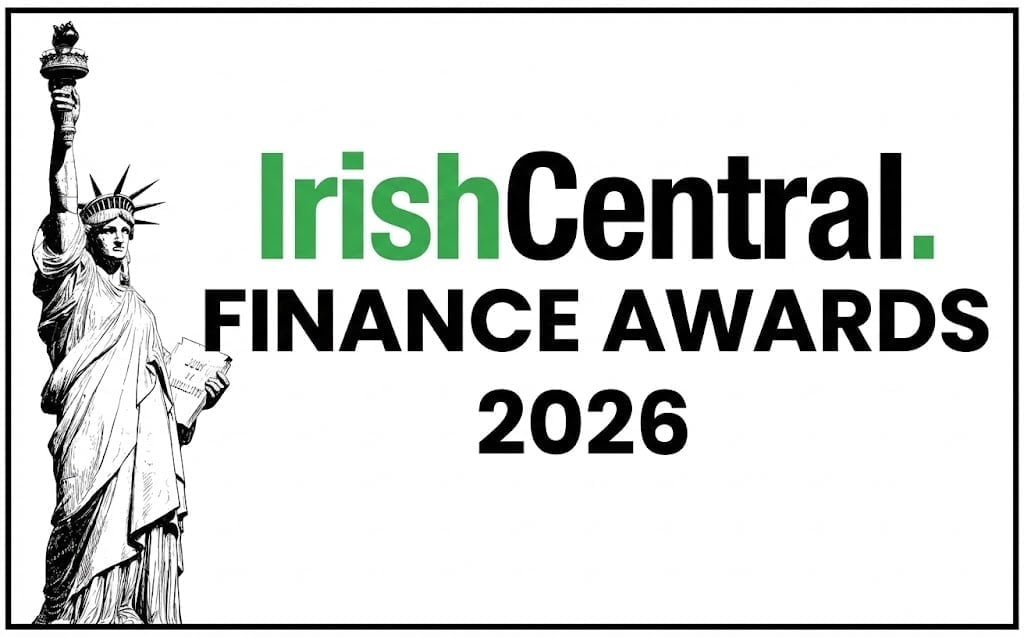The Irish government continues to put a heavy emphasis on the importance of vaccination while announcing revised guidelines ahead of Friday's planned reopening of the hospitality sector.
Speaking on Tuesday, Taoiseach Micheál Martin said that there has been a "worsening of the situation" over the course of the last two weeks, and that the recent COVID figures "are a course of concern."
Read more
The Taoiseach, who noted that the decisions announced today come after giving consideration to NPHET’s advice, said: “First of all, and very importantly, all of the progress that we have made to date remains in place, and everything that has reopened remains open."
After announcing that sectors due to reopen this Friday "may now only do so on the basis that all customers must produce their proof of vaccination and their identity," the Taoiseach said: "I want to give a very clear message: The vaccination programme and the use of COVID passes is how we have been able to open the hospitality sector so far. To stay open, we need everyone to enforce and respect the rules.”
The Taoiseach said that antigen testing will now have an "enhanced role" throughout society and that tests will be sent to fully vaccinated close contacts of confirmed cases.
He concluded: “The message that I want to leave with you today is very clear and can be summarized in three key requests: if you are indoors with other people, wear a mask; if you are running a business or any sort of event that is bringing people indoors, you must check for vaccination and enforce the rules; and crucially, if you have no been vaccinated, or if you have not yet had your second vaccination, please make arrangements to get fully vaccinated. It is safe, it is free, and it is our best and safest way through this pandemic.”
Speaking after the Taoiseach, Tanaiste Leo Varadkar said: “The pandemic isn’t over yet. Unfortunately, we are going to have to get through at least another winter before we can safely say that it is behind us.”
The Tanaiste noted that while over 90 percent of Ireland's population over the age of 16 is now fully vaccinated, "we're not past the peak of the Delta wave." NPHET modeling, the Tanaiste said, projects a rise and peak in cases, hospitalizations, and ICU admissions through December.
“That is, I believe, deeply disappointing, and I know that some people in a lot of sectors who had hoped to be fully open at full capacity will be crestfallen that we haven’t got out the gap just yet.
“But it’s not without hope, and we do have a plan," the Tanaiste said, who added that if confronted with this scenario this time last year, the government would be imposing restrictions.
NPHET considered a full pause, but ultimately recommended against it, the Tanaiste said.
“We’re going to have to live with COVID. That’s not going to be easy and it does mean adjusting to a new normal for at least the next couple of months. The strategy has three elements: vaccines; test, trace, and isolate; and keeping our economy and society fully open, but with protections.”
You can watch today's announcements about the reopening of sectors in Ireland from October 22 here:
The Government is announcing its revised reopening plan, following the latest advice from the National Public Health Emergency Team | Live #Covid19 blog: https://t.co/cuM0dwvMyx https://t.co/hgkNohEVDz
— RTÉ News (@rtenews) October 19, 2021
The Department of the Taoiseach has since published this statement today, October 19: ”In line with public health advice, the remaining aspects of the hospitality, entertainment and night-time economy sector can reopen only with the full range of protective measures in place and the wide and robust implementation of the EU Digital COVID Certificate (COVID-19 pass).
“The further easing of restrictions planned for 22 October can proceed with the extension of some non-pharmaceutical interventions including use of COVID-19 pass (as set out below) in light of the high level of disease in the community at this point in time and the uncertain trajectory of the disease.
“Protective measures include:
- Requirement for EU Digital COVID Certificate (COVID-19 pass) (vaccine or recovery certificate) for indoor hospitality and events
- Face masks (can be removed for consumption of food or drinks as appropriate)
- Table service only in hospitality settings (max of 10 adults per table, and max 15 including children)
- Collection of contact tracing data
- For indoor live music, drama, live entertainment, and sporting events audience/spectators should be fully seated (standing permitted at your seat)
- Specific sectoral guidance will be developed for nightclubs setting out appropriate protective measures. This will involve COVID-19 passes, contact tracing data collection, and wearing of face masks except when eating, drinking, and dancing
- COVID-19 passes and fixed capacity limits will not apply for outdoor events. However, sectors should ensure appropriate protective measures are in place
- Organisers of indoor and outdoor group activities should ensure that appropriate protective measures are in place, and where indoor groups have a mix of vaccinated and unvaccinated people indoors, pods of 6 should apply. Fixed capacity limits will not apply to these indoor and outdoor group activities
- Religious services and weddings can proceed without capacity limits but with all other protective measures remaining in place
- Return to workplaces will continue on a phased and cautious basis for specific business requirements




Comments